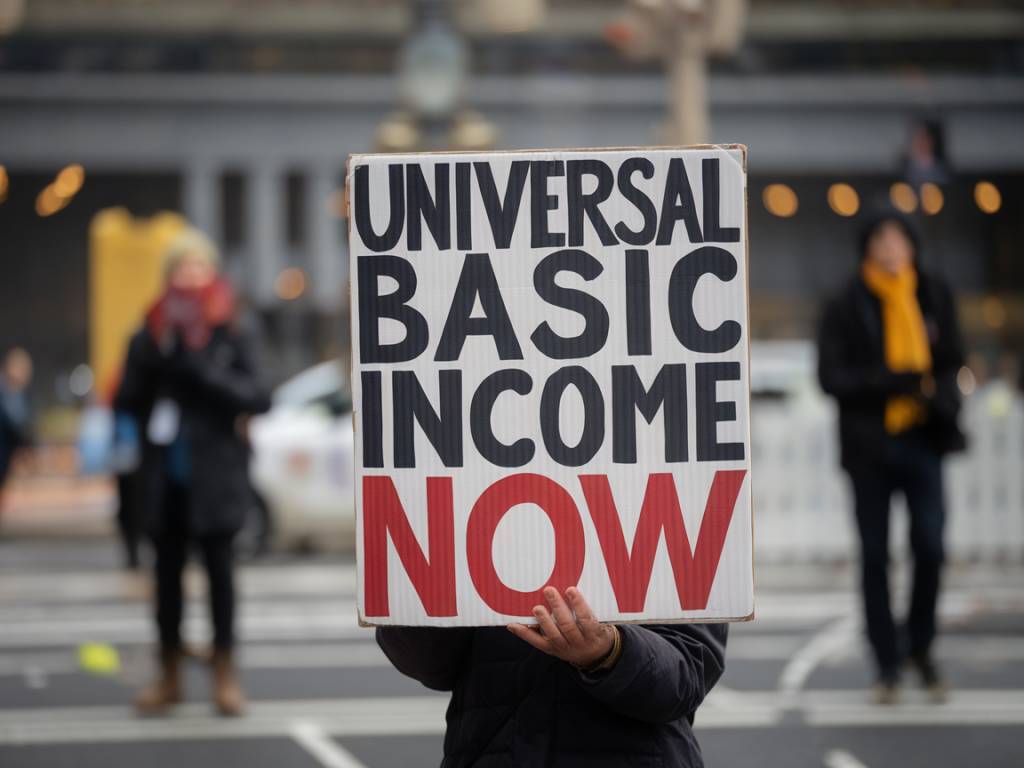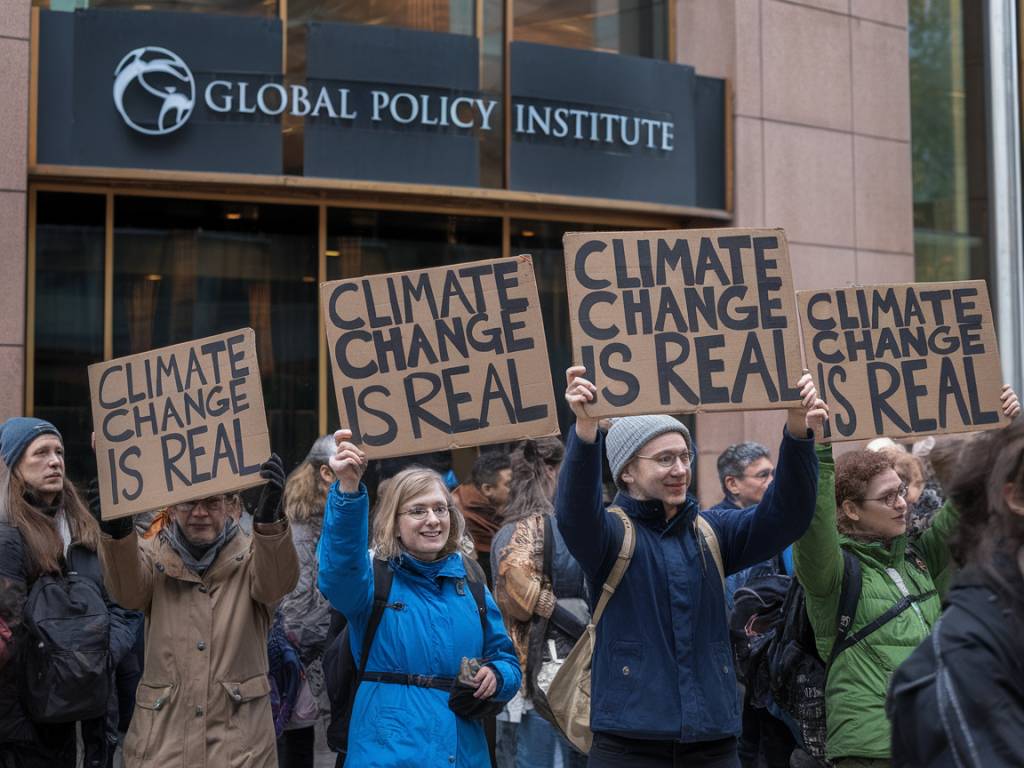The Rise of Universal Basic Income: A Solution for the Future?
Universal Basic Income (UBI) is no longer just a utopian idea confined to academic debates and Silicon Valley playgrounds. What was once considered an impractical dream is now gaining traction worldwide, with governments and economists seriously considering its potential. But what is driving this movement? And could a guaranteed income reshape the modern economy?
What Is Universal Basic Income?
At its core, UBI is a policy that guarantees all citizens a regular, unconditional sum of money, regardless of employment status. Unlike traditional welfare programs, which require strict eligibility criteria, UBI is designed to provide financial security without bureaucratic hurdles.
Proponents argue that with automation threatening jobs and economic inequality widening, UBI could serve as a safety net that ensures basic needs are met, allowing people to pursue education, entrepreneurship, or creative endeavors without constant financial anxiety.
Why Is UBI Gaining Momentum?
Several factors are propelling the conversation around UBI, including:
Real-World Experiments: What Have We Learned?
UBI isn’t just a theoretical concept—several countries have experimented with guaranteed income programs, offering valuable insights into its potential effects.
Finland’s Basic Income Experiment
In 2017, Finland launched a two-year trial, providing 2,000 unemployed citizens with a monthly stipend of €560, no strings attached. The results? Recipients reported improved well-being and reduced stress. Interestingly, while UBI didn’t dramatically increase employment levels, it allowed individuals to take risks—starting businesses or returning to education.
Kenya’s UBI Initiative
In one of the most ambitious UBI experiments, the nonprofit GiveDirectly has been running a long-term study in Kenya since 2017, providing cash transfers to thousands of individuals. Early findings suggest higher levels of food security, increased investments in small businesses, and overall improvements in quality of life.
The Stockton, California Pilot
In the U.S., a notable experiment took place in Stockton, California. Under the SEED program, 125 residents received $500 per month for two years. The results were striking—recipients reported greater financial stability, higher full-time employment rates, and improved mental health.
The Critics: Does UBI Really Work?
Despite growing support, UBI faces significant opposition. Critics argue that providing unconditional income could discourage work, drain public funds, or even drive inflation. Some of the key concerns include:
While these concerns are valid, many experts argue that a well-structured UBI system, possibly combined with progressive taxation, could be financially sustainable.
Could UBI Become a Reality?
As economies evolve and traditional employment models shift, UBI remains a compelling policy option. Some governments have considered partial implementations—such as targeted income supplements rather than universal payments. Meanwhile, organizations like OpenAI founder Sam Altman’s Worldcoin aim to explore funding mechanisms that could make global basic income feasible.
Whether UBI becomes mainstream or remains an idealistic concept, one thing is clear: the conversation is far from over. As political, technological, and economic landscapes change, the debate over income security could shape the future of work and society itself.







